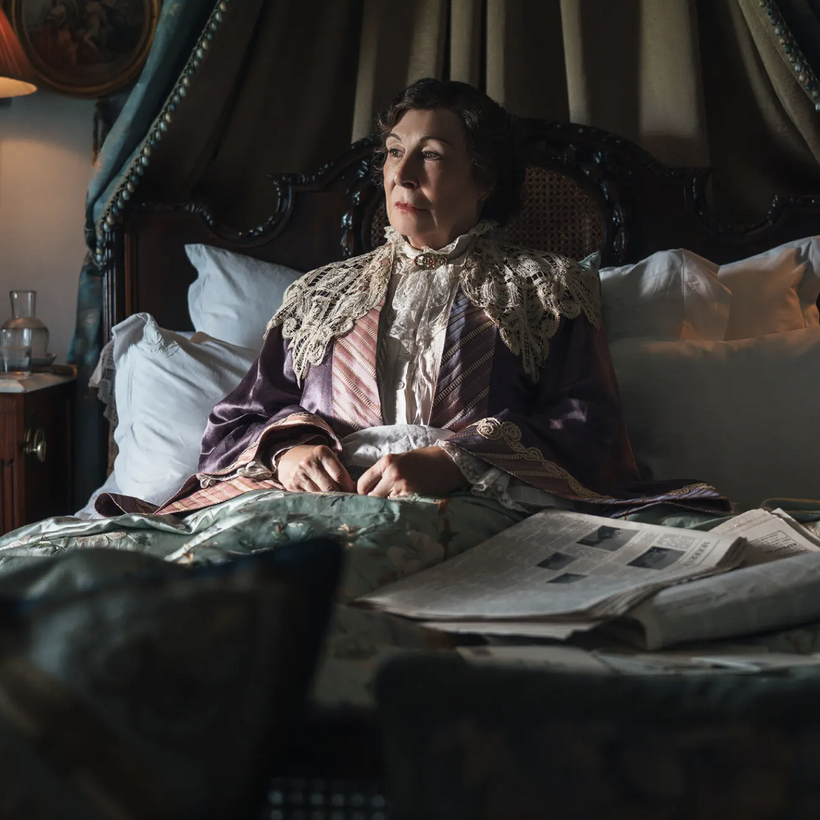This spring feels like Agatha Christie season, with a new book that pays tribute to the queen of mystery and a high-profile BritBox series that takes a liberal approach to her 1944 novel Towards Zero with uneven results.
I had hoped for better. Unlike some of her other books, where shallow characters can take second place to the plot, Towards Zero is a promising candidate for adaptation. Its characters are well developed and singular, the dialogue is sharp, and the plot is especially devious. A cast that includes Anjelica Huston and Matthew Rhys seems poised to bring it to life. The show appears appropriately expensive, with stylized 30s costumes and sweeping seaside scenery, and the imposing home of the ailing Lady Tressilian (Huston) looks grim enough to put off the young people invited there for a house party.

